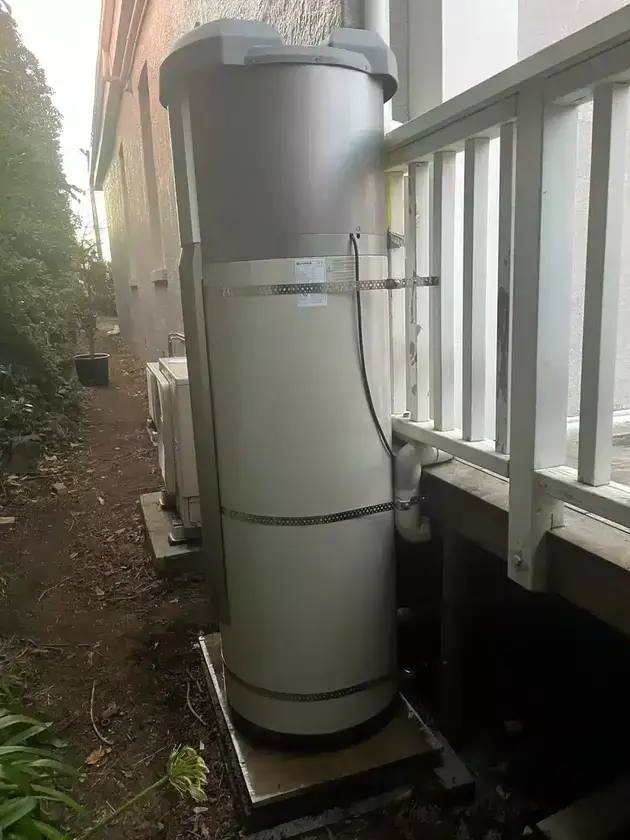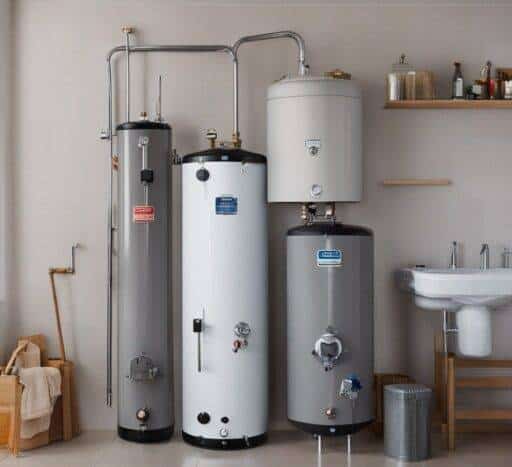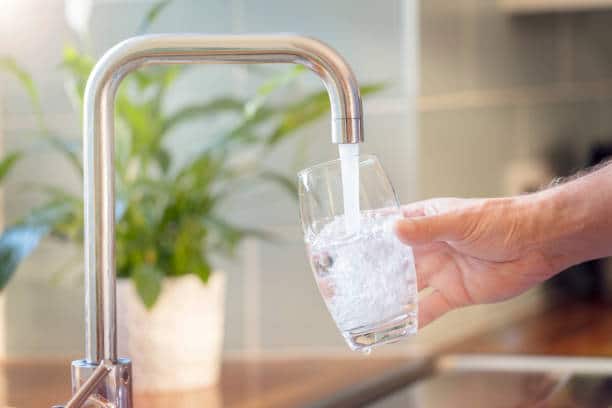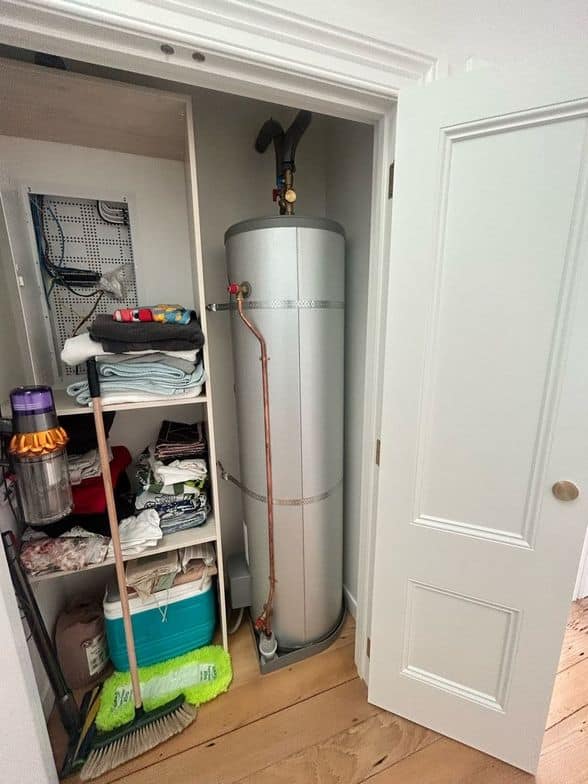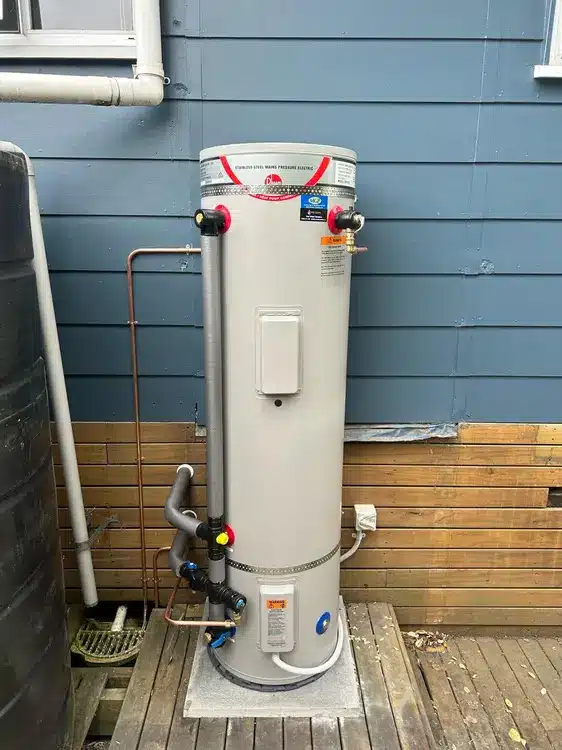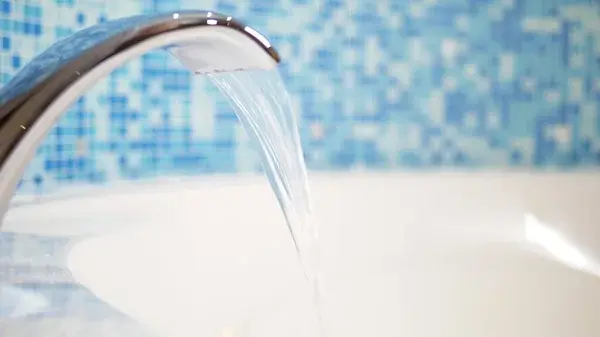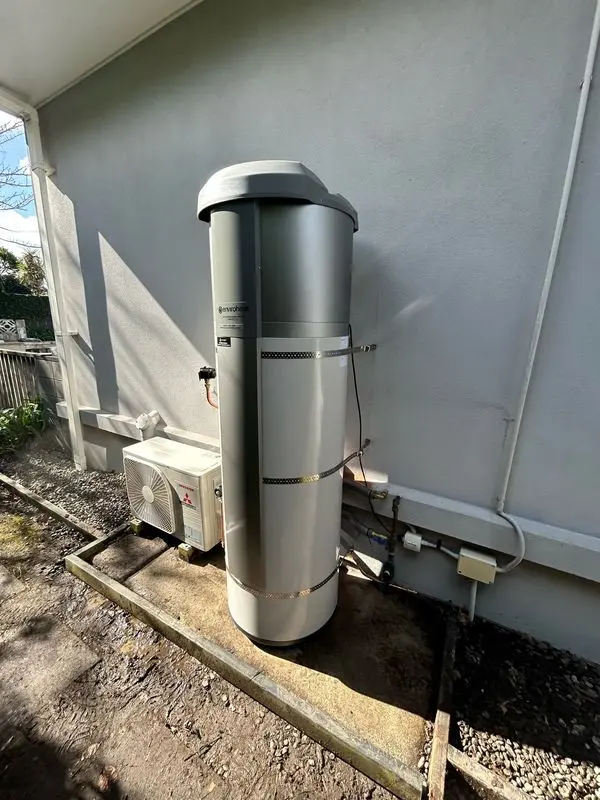Shall I get the same system again?
Heating your home water can account for around a quarter of a your typical energy consumption costs. So it is worth considering all your hot water options well in advance.
Reducing your hot water use and hot water heating costs will help save you money and you might be able to switch to a hot water solution that is more cost effective and better for the environment.
Gas, Electricity, Solar or Heat Pump?
The first decision to make is choosing the heating method. These fall into four categories of gas, electricity, solar and heat pump.
Gas
- If you have a Natural gas connection then this is a great option. It is currently a lot cheaper than electricity. Bottles with Liquid Petroleum Gas (LPG) are an alternative to natural gas, but these are significantly expensive to use. Gas, has an energy efficiency star rating.
- Allow for two to three hours installation, especially for a replacement to a similar system.
- If you are changing from a electric low/mains pressure storage system allow for a one day installation.
- Continuous flow units come in external and internal models.Internal models require flueing either vertically or horizontally through roof or exterior wall.
- These units are very efficient and don’t store heated water so you only pay for what you use.If you go on holiday or away for any amount of time there will be no gas consumption through these units.
- The majority of suppliers offer an efficiency range which allows for more savings if you upgrade to one of these models.
- Also often referred to as instantaneous or instant, a continuous flow hot water system heats only as much water as you need, when you need it. They are not truly instantaneous – it can take a few seconds before hot water starts flowing from the tap, especially when there’s a fair distance of pipe between the system and the tap.
Electricity
- An electrically heated storage tank system is usually relatively cheap to buy and install, but is usually the most expensive to run as this system will keep heating as temperature drops through heat loss.
- An electric low/mains pressure changeover takes between 6-8 hours to complete.
- Systems that run on off-peak electricity are much cheaper to run, but need a larger tank as the water heated overnight has to last you all day. And off-peak electricity isn’t available to all homes depending on your power supplier.
- A standard four person household will need a 180L tank compared with 5+ person household which will need 200L+.
- Can be installed both internally and externally.
Solar
- Instead of providing the power from electricity the heating energy comes from the sun.
- Consists of solar collector panels and like the Electricity category will require a water storage tank. A four-person household typically needs about four square metres of solar collector area (two panels). You need a larger water tank than those for simple electricity to allow for days with less sunlight.
- If panels cannot be installed in an ideal location, they may be less efficient and you’ll need a larger solar collection area.
- The storage tank usually also has an electric or gas booster element to keep the water hot on days with less sunshine.
- Setting up a timer on the system so that element is only used where necessary will keep running costs down.
- Comparatively expensive and time-consuming to install. The installer will need to inspect your home to plan the installation. A well-chosen system will pay for itself in the long run due to its low running costs.
- Government rebates and other incentives if they are available can help offset the purchase cost.
Heat Pump
- Heat pumps are a much more efficient form of heating water.They work on the same principle as a fridge or air conditioner: extracting heat from the air and using it to heat the water tank.
- Units are usually integrated (tank and compressor together) but can also be split (separate tank and compressor).
- They need to be installed in a well-ventilated area; usually outdoors.
- You will save up to 70% on your water heating compared to a standard electric hotwater system.
- Installation usually takes 6 – 8 hours including pouring a concrete pad.
- Most systems have a booster element for days of cold weather or high water usage.
- You will typically need a 250–300L tank for a four-person household.
Household and Water Usage
Typically, one person uses about 50L of hot water a day. More if you use your dishwasher often, take very long hot showers or often wash clothes in warm water.
Well trained and knowledgeable hot water specialists can analyse your home and usage and recommend options. As a start though here are some initial suggestions:
- Small household (1-2 people): Continuous flow gas,200L Heat pump or 135L electric system.
- Medium household (3-4): Gas systems (continuous flow or storage),180L electric storage system or a heat pump system.
- Large household (5+): Multiple continuous flow units,Large electric storage and multiple heat pumps are also an option.
Storage or Continuous/Instant Flow?
The next decision, after the heating method, is whether you want a system with a tank to hold the water, or one that heats water as required.
Storage Tank
- Most electric, solar and heat pump hot water systems use a tank. Although some gas units do too.
- Steel based tanks can corrode over time and may require maintenance every few years to help prevent this. They usually have 5 to 10-year warranties.
- Some tanks have “sacrificial anodes”, metal rods inside the tank which attract minerals and other impurities that would otherwise corrode the tank. A plumber can check the system and replace the anode roughly every five years.
- Stainless steel tanks are more expensive, but generally last longer and don’t require as much maintenance as mild-steel tanks. They usually carry a 10-year warranty, but still require occasional maintenance (such as replacement of valves and seals).
- Local water quality may dictate which type is best for you; check with the installer.
- Tanks are insulated, but there is always some heat loss over time, so it’s good to install them in a sunny spot or in an insulated space.
Gas Storage
- Gas storage options are a good option when replacing like for like.
- Due to their gas consumption being about a quarter of that of a continuous flow system the gas pipework would need to be upgrade in size to become compliant.
- A like for like replacement is usually takes approximately 5 hours.
- Gas storage units don’t need power so will still be working during a power cut.

